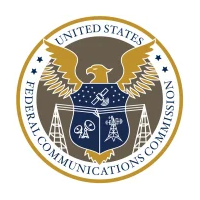Achieving excellent on-air and on-line quality audio is more important than ever because of the intensely competitive nature of available media. “Good enough” no longer works. Persuading audiences to listen and then return requires attention to quality at every stage of the production process, from program sources to audio processing. This presentation will help attendees achieve quality on-air and on-line audio broadcasting and netcasting goals.
Join Chapter 36 at either of two dates and times:
- June 9th, Tuesday, 7:00 PM PDT, with Chapter 47 Los Angeles
- June 24, Wednesday, 12:00 noon PDT, with Chapter 9 Phoenix
Send a request for either meeting to mailto:RSVP@SBE36.ORG. You will receive an e-mail two business days prior to the event with a GoToMeeting password. The presentation is open to members and interested guests.
You are eligible to receive the usual 0.5 SBE certification points for your attendance.
About Bob Orban
Bob Orban has been widely published and co-authored the chapter on “Transmission Audio Processing” in the NAB Engineering Handbook, 10th Edition. He currently holds over 20 U.S. patents. In 1973 he was elected a Fellow of the Audio Engineering Society. In 1993, he shared with Dolby Laboratories a Scientific and Engineering Award from the Academy of Motion Picture Arts and Sciences. In 1995, he received the NAB Radio Engineering Achievement Award. In 2002, he received the Innovator Award from Radio Magazine.
In 2015 Orban introduced the Optimod PCn 1600, the first Optimod that runs natively on the host computer’s Intel x86 processor; the software does not use dedicated DSP chips. In 2016 Orban introduced the company’s new flagship FM audio processor, the OPTIMOD-FM 8700i, featuring versatile five-band and two-band processing for both analog FM transmission and digital media.

